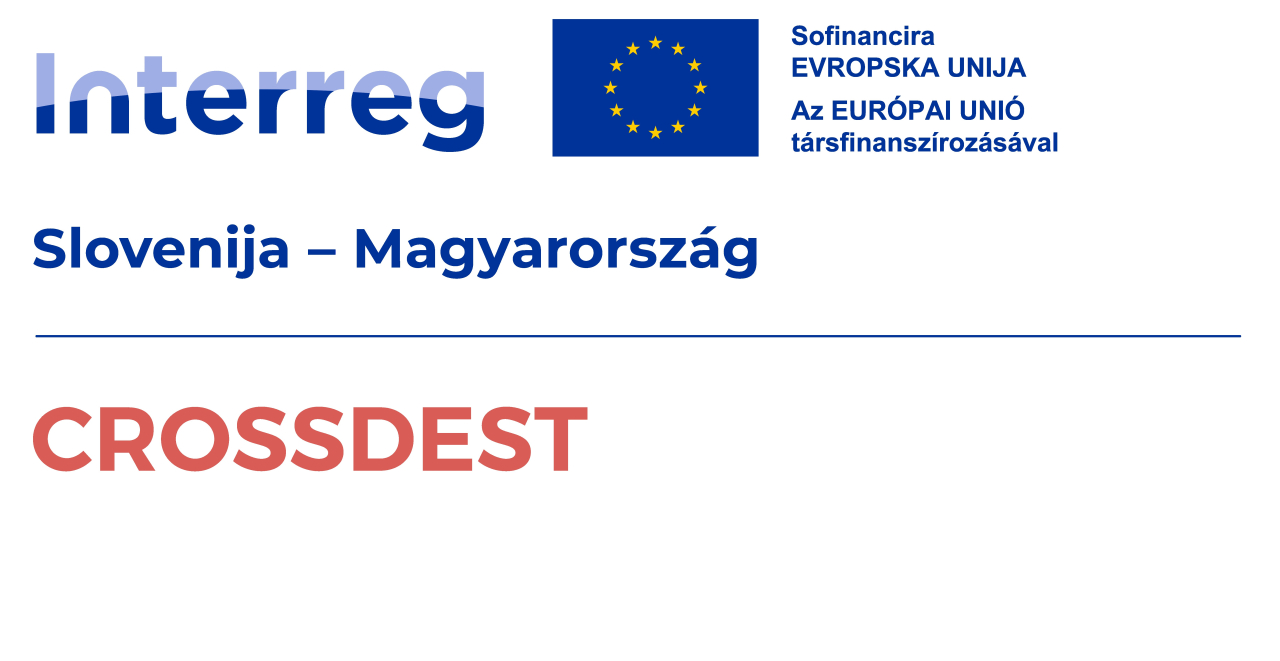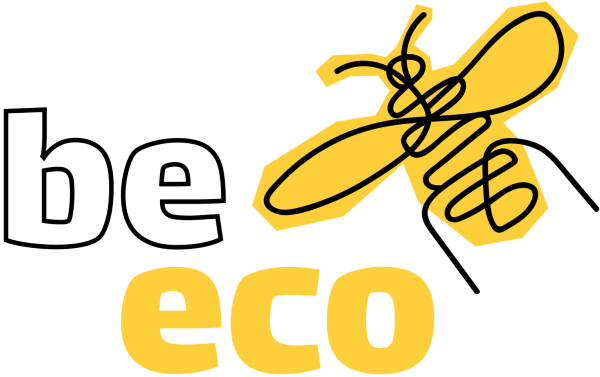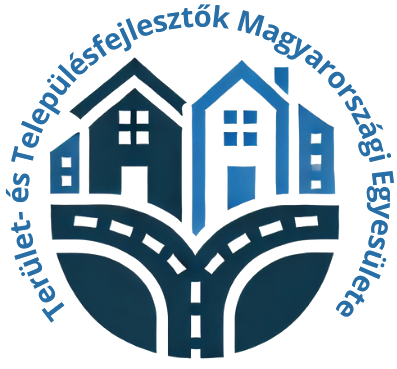-

Photo: Fotó: Móga Attila. Forrás: https://statiuneaborsec.ro/ -

Photo: Forrás: https://statiuneaborsec.ro/ -

-

Photo: Moșneág Gellért. Forrás: https://statiuneaborsec.ro/ -

Photo: https://statiuneaborsec.ro/
Borszék
Borsec (in Romanian, Borsec) is one of the most popular resort towns in Harghita County, situated in a picturesque basin between the Giurgeu Mountains and the Ceahlău Massif, at an altitude of 900–1000 metres above sea level. The town owes its fame primarily to its medicinal mineral waters and clean mountain air, which have been attracting visitors interested in health tourism since the 19th century. In the town, mineral water from 15 different springs surfaces, which can be used for drinking cures and balneotherapy treatments. The modern spa centre and outdoor mofettas are based on the environmentally friendly utilisation of natural healing factors. The old spa complex, in its renewed form, still welcomes those seeking relaxation and recovery. Borsec's tourist attractions include the Bear Cave, the Ice Cave, the Lookout Rock, and various nature trails designed to help visitors explore the local ecosystem. In winter, ski slopes, and in summer, forest hikes, cycling routes, and nature photography offer opportunities for gentle, nature-focused recreation. The town's sustainability efforts include the responsible use of its healing waters, the protection of local springs, and the development of ecotourism. New investments – such as the wellness centre and recreational park – aim to harmonise with the natural environment, relying on local labour and short supply chains. The town's goal is to operate as a sustainable destination in the long term, serving the health of its visitors, the interests of the local community, and the preservation of natural values. - editorial content -
Getting there
- Walk
- Horseback
- Bike
- Electric bicycle
- Bus (rented for the trip)
- Bus (rented for the trip)
- Motorcycle
- Car
- Electric car
Arrival
- Walk
- Bike
- Electric bicycle
- Bus (rented for the trip)
- Motorcycle
- Car
Sights, programs
Public transport
- bus
Parking information
- Free outdoor parking available
Sustainability level
Topic 1: Destination Management 60%
- Visitor management: 90%
- Commitment and organization: 0%
- Design & development: 33%
- Monitoring and reporting: 75%
- Legal and ethical compliance: 100%
Topic 2: Nature and landscape 80%
- Nature and wildlife protection: 100%
- Nature and conservation: 60%
Topic 3: Environment and climate 39%
- Land use and pollution: 67%
- Water management: 40%
- Energy, sustainable mobility and climate change: 0%
- Adaptation to climate change: 50%
- Waste and recycling: 40%
Topic 4: Culture and traditions 88%
- Cultural heritage: 100%
- People and traditions: 75%
Topic 5: Social Welfare 47%
- Health and safety: 100%
- Local economy: 40%
- Socio-economic impacts: 0%
- Community participation: 25%
- Human dignity: 71%
Topic 6: Business and Communication 50%
- Business participation: 0%
- Information and marketing: 100%








